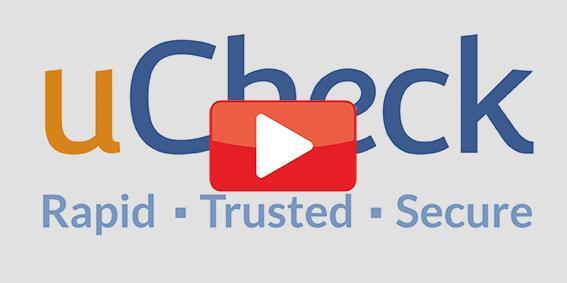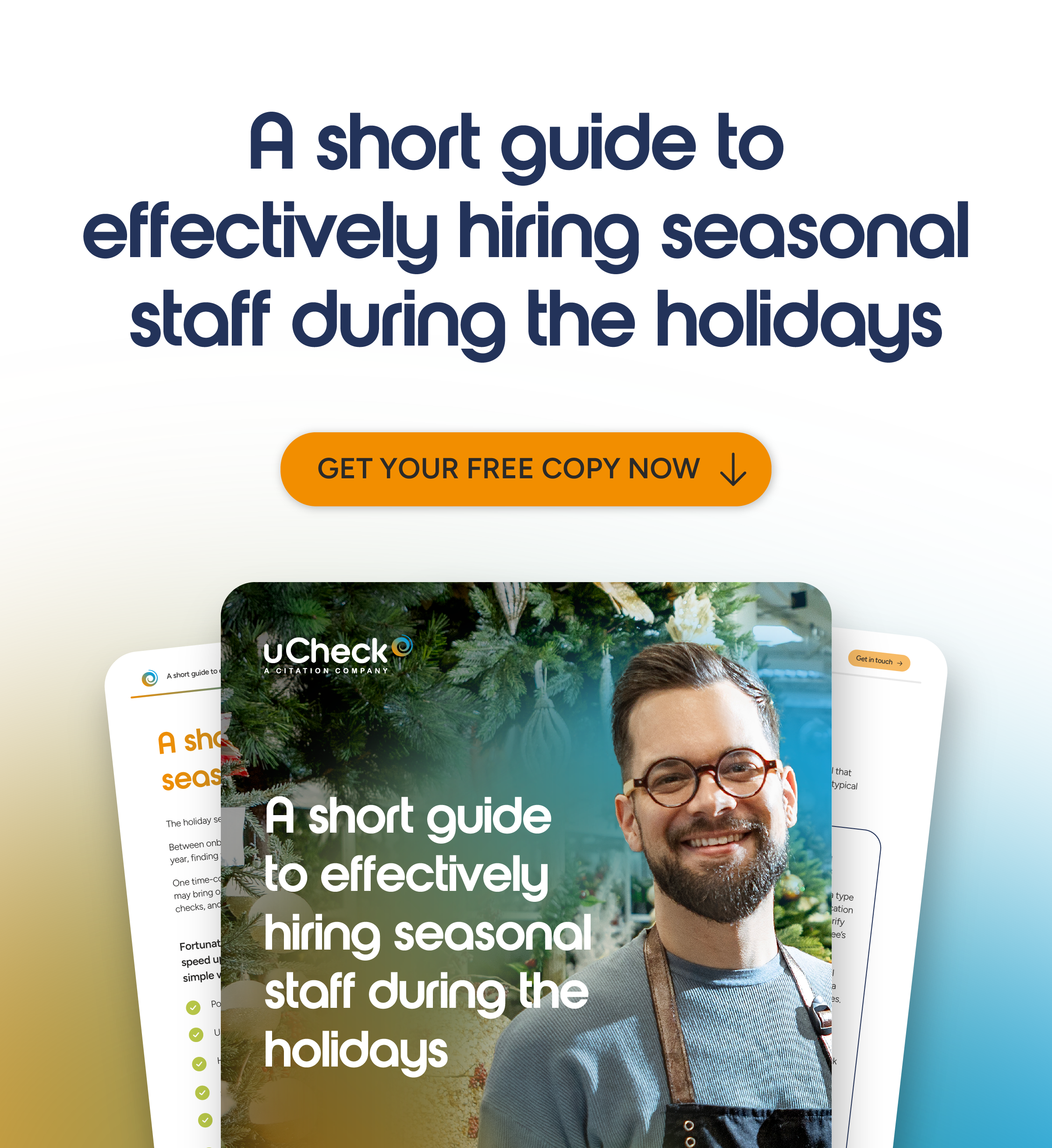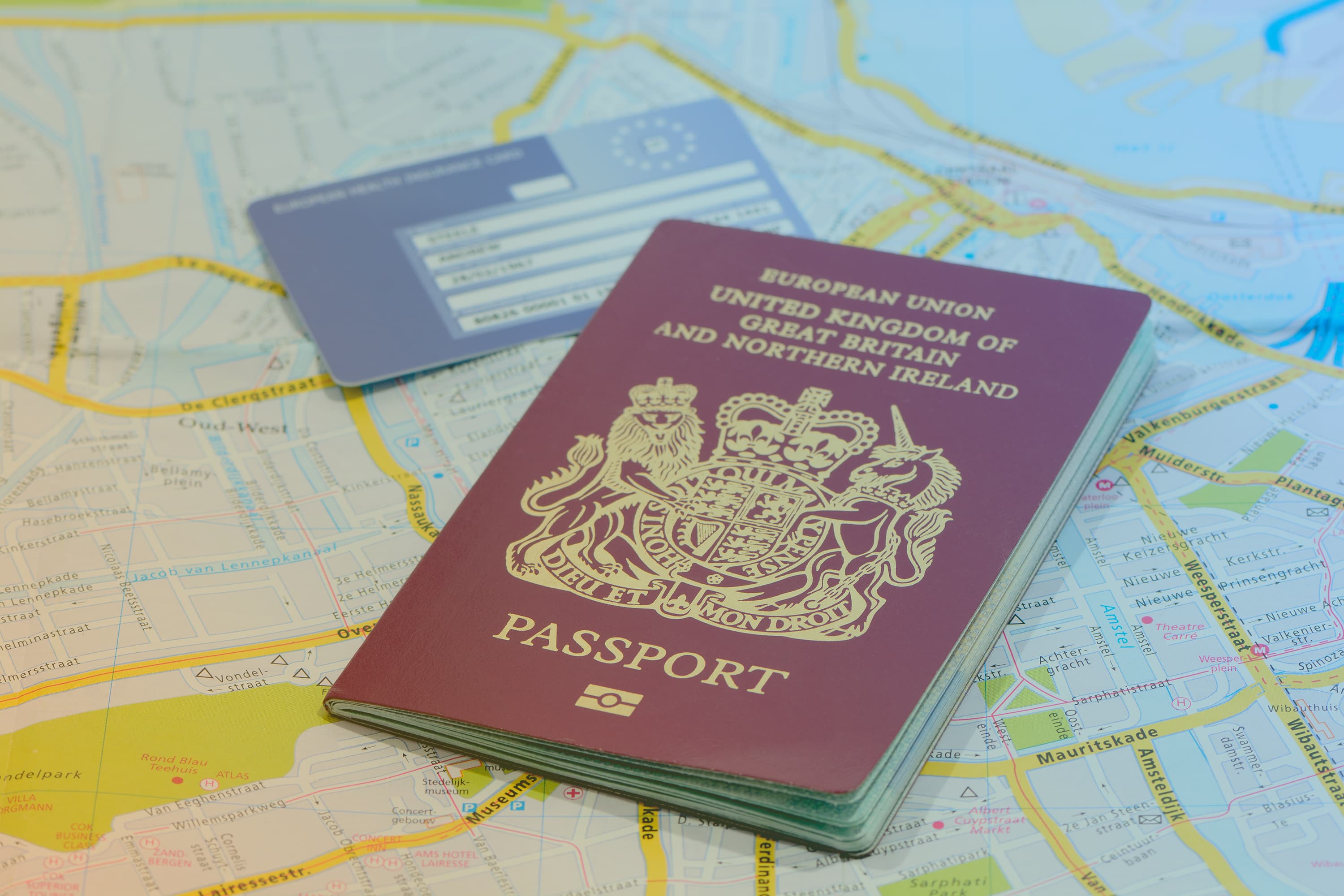Transcription Of When Is An Employee A Volunteer Video
To help those with accessibility needs access the right information we have transcribed the video below:
When the Criminal Records Bureau and the Independent Safeguarding Authority merged at the end of 2012, the new joint body, the Disclosure and Barring Service, assumed all responsibility for performing the relevant checks on employees and volunteers. While there is a charge for performing a DBS check on an employee, volunteers only attract an administration fee. If someone receives a paycheck, it’s fairly obvious they’re an employee, but working out who qualifies for the free volunteer check is not quite so simple. We visited Ukcc, one of the top five disclosure and barring umbrella bodies in the country, to see if we could shed some light on one. A volunteer is not a volunteer. Hello, Samantha, I’m glad you asked that question because it’s something which can easily trip up not just clubs and societies, but other organisations as well. Essentially, there is a two fold test which determines whether in the eyes of the DBS, an individual is an employee or a volunteer. Firstly, if the individual receives any sort of payment apart from travel and out of pocket expenses, then they are an employee. It’s the second part of the test which can trip organisations up. Essentially, if someone benefits directly from the activity which they are carrying out, then they count as an employee rather than a volunteer. Let me give you a couple of examples. We’ll start with a couple of fairly clear cut cases. Let’s say that someone is helping out at a local charity, but that it has been agreed that they will receive a payment for the hours which they put in that counts as employment. On the other hand, an individual may have agreed to put some hours in at a local school or as a guide or scout leader, but are receiving no payment whatsoever in that case, because the time which has been given up is entirely voluntary, it’s unpaid and is primarily aimed at providing a service to a third party.
They fall into the volunteer category. Where confusion can arise is when the position is seen as voluntary, but the individual either receives pay in excess of necessary expenses or is carrying out the duties in order to benefit themselves in the long run. So, for example, those volunteering to work abroad generally receive some sort of remuneration, albeit in the local currency, and therefore they count as employed for the purposes of the DBS check. Similarly, if someone was volunteering in a local school as part of a training course which would lead to them gaining a qualification and potential future employment, then the fee would have to be paid. If organisations apply the two part test, then they can generally come to the right conclusion. But if there is any doubt then they can always phone us before they submit their request. This will avoid unnecessary fees being paid or worse still, having a fee clawed back by the DBS and potentially having the registration cancelled if the volunteer box is marked in error. Hmm, I can see that it’s better to be safe than sorry then, but it seems fairly straightforward. A volunteer is not a volunteer. If they are receiving more than the necessary expenses or benefiting directly from their voluntary work. But if in doubt, check the guidance or pick up the phone. For now, this is Samantha signing off for you. Check the home of rapid, trusted and secure DBS checks.







